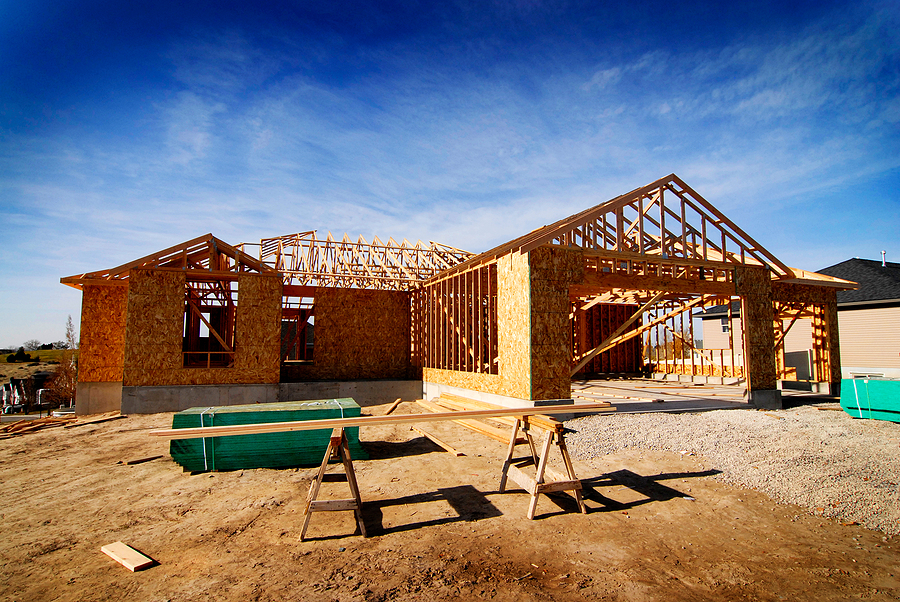
September 27, 2024
In a move that has garnered attention across the financial industry, interest rates have been lowered by 0.5 percentage points. This adjustment, while small in numbers, could have a significant impact on various sectors of the economy, including real estate and the hard money lending market.
Hard money lenders, who typically operate in niche areas of real estate financing, often step in where traditional lenders can’t, providing quick, short-term financing to investors. These lenders fill a crucial gap, especially in high-demand markets. With this recent interest rate cut, it’s important to understand how the hard money lending space may shift and what borrowers and investors should expect in the months to come.
Understanding the Interest Rate Cut
The Federal Reserve’s decision to lower interest rates is part of a broader strategy to stimulate economic growth. When the cost of borrowing decreases, it encourages consumers and businesses to spend, invest, and borrow more. Lower rates typically lead to cheaper loans, which can spur activity in markets such as real estate, where financing is essential.
While traditional lenders like banks and credit unions are directly impacted by interest rate adjustments, the hard money lending sector operates a bit differently. Hard money lenders base their rates more on risk, asset value, and market conditions rather than on Federal Reserve decisions. However, interest rate movements in the broader economy often have a ripple effect on the hard money lending market.
How the Hard Money Lending Market Will Adjust
1. Increased Demand for Hard Money Loans
The immediate impact of lower interest rates is likely to be an increase in demand for real estate investment opportunities. Lower borrowing costs will make investments more attractive to both seasoned and first-time investors. Since hard money lenders are known for providing quick access to capital, they will likely see an uptick in borrowers looking to take advantage of favorable market conditions.
Investors looking to purchase, renovate, and sell properties (commonly referred to as fix-and-flip projects) may turn to hard money lenders for short-term financing. With lower overall rates in the lending market, even though hard money rates will remain higher than traditional loans, investors will view these loans as a viable tool for gaining rapid entry into real estate deals.
2. Potential for Slightly Lower Hard Money Lending Rates
While hard money loans typically have higher interest rates than traditional financing due to the higher risk they carry, the overall lending environment may push hard money lenders to adjust their rates slightly downward. As banks and other financial institutions lower their loan rates in response to the interest rate cut, hard money lenders could feel competitive pressure to offer slightly better terms, particularly for lower-risk projects or highly creditworthy borrowers.
While a dramatic drop in hard money rates is unlikely, some marginal adjustments could make these loans more attractive, particularly for investors looking for fast capital to seize real estate opportunities.
3. Lending Criteria May Tighten
Despite the lower interest rate environment, some hard money lenders may react cautiously by tightening their lending criteria. Since hard money lenders are typically more risk-tolerant than traditional banks, they often provide loans based on the value of the collateral (typically the real estate property itself). However, in times of economic adjustment, lenders may be more selective in approving loans.
For example, while the rate cut encourages borrowing, lenders may increase their scrutiny on property valuations and borrower experience. Investors with proven track records and high-quality projects will continue to find favorable terms, while those with riskier or untested ventures may face more stringent requirements.
4. Shorter Loan Terms Could Become More Common
In response to the rate cut, we could see a shift toward shorter loan terms in the hard money lending space. As interest rates decrease, real estate investors may be more willing to take on short-term financing to complete projects quickly, anticipating that market conditions will remain favorable.
Hard money lenders often prefer shorter terms, as it allows them to recycle capital more rapidly. With investors keen on taking advantage of the lower cost of capital, lenders may cater to this demand by offering attractive short-term options that benefit both parties.
5. Rise in Real Estate Prices and Market Activity
Historically, lower interest rates lead to increased market activity in real estate. With financing costs reduced, more buyers and investors will enter the market, increasing demand for properties. This, in turn, could drive up real estate prices, particularly in high-growth areas.
For hard money lenders, rising property values can present opportunities for more loans with higher property values as collateral. However, it can also introduce risks if the market overheats or if economic conditions shift again.
Experienced investors may view this as the right time to capitalize on growth markets, while cautious investors may wait to see how the market evolves. Either way, hard money lenders will need to adapt to a more competitive and active market.
What This Means for Real Estate Investors
For real estate investors, the 0.5% interest rate cut opens up several strategic opportunities. With traditional financing now more accessible and affordable, some may opt to pursue conventional loans for long-term projects. However, hard money loans will continue to serve as a valuable tool for investors who need quick capital for short-term deals, particularly in markets with high demand or fast-moving projects.
Why Hard Money Lenders Remain Essential in a Lower Rate Environment
Despite lower interest rates across the broader economy, hard money lenders will continue to play a vital role in the real estate investment ecosystem. Here’s why:
- Speed and Flexibility
Traditional financing, even in a lower-rate environment, often comes with lengthy approval processes and stringent borrower requirements. Hard money lenders, on the other hand, provide rapid funding, which is critical for investors looking to close deals quickly or seize time-sensitive opportunities. This speed and flexibility remain a key advantage for hard money borrowers.
- Collateral-Based Lending
Hard money loans are based on the value of the property rather than the borrower’s credit score or financial history. This makes them particularly attractive to investors who might not qualify for traditional loans or who prefer to leverage the value of the property they are purchasing or renovating.
- Short-Term Solutions for Flipping and Bridging
For real estate investors engaging in fix-and-flip projects or needing bridge loans between transactions, hard money lenders remain the preferred option. The short-term nature of these loans, combined with their speed, allows investors to quickly move from purchase to renovation to sale, without being tied to long-term debt.
Conclusion: Seize the Opportunity
The recent 0.5% interest rate cut is likely to invigorate the real estate market and boost demand for hard money loans. Investors looking for quick, flexible capital will continue to turn to hard money lenders for short-term financing, while hard money lenders may make slight adjustments to their rates or terms to stay competitive. The key for both lenders and borrowers will be to stay adaptable and aware of the broader market conditions.
Hard Money Lending remains a powerful tool for real estate investors, offering unique advantages in a changing economic environment. By understanding how these rate adjustments will influence the market, investors and lenders alike can position themselves for success in this new landscape.











